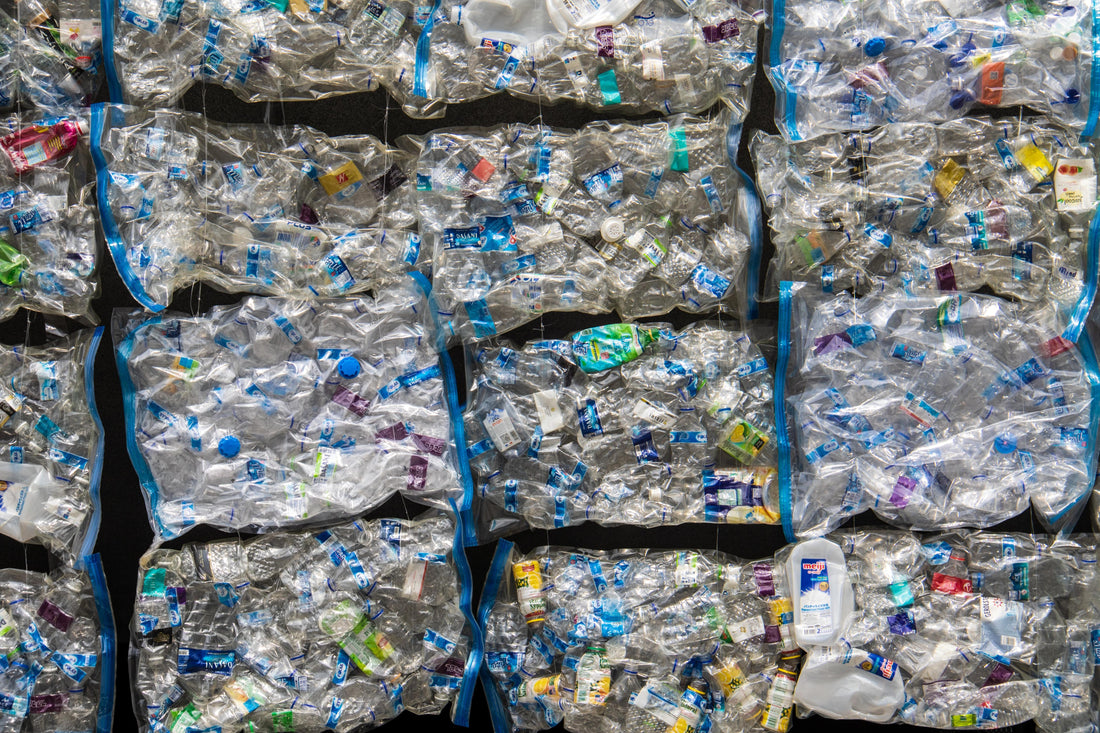Plastic recycling factories generally work this way. Used plastic is melted down and then sent through an extruder. After being pieced into pellets, the recycled plastic would be used to package new products. Sounds ethical, morally upright even, recycling plastic rather than dumping them in landfills.
Truth is about 9% of global volume of plastic is recycled, and they have negative implications on the communities where they take place (for example in certain rural communities in Thailand, Malaysia, Indonesia). Environmental injustice takes place here as most of those communities are impoverished.
In layman terms, plastic is predominantly made from oil or natural gas, and melting or burning it release chemicals that damage lungs, nervous system, and kidneys. When modern plastic packaging is processed toxic substances such as dioxins are released. When recycling plants catch fire, as they do, the same toxic substances contaminate wide areas and sicken local populations. Plastic collectors that relied on picking plastic as a livelihood are unable to do so in the current economic environment with plunging prices of plastic coupled with inflationary effects on cost of living - a double whammy.
Source: Bloomberg Green

